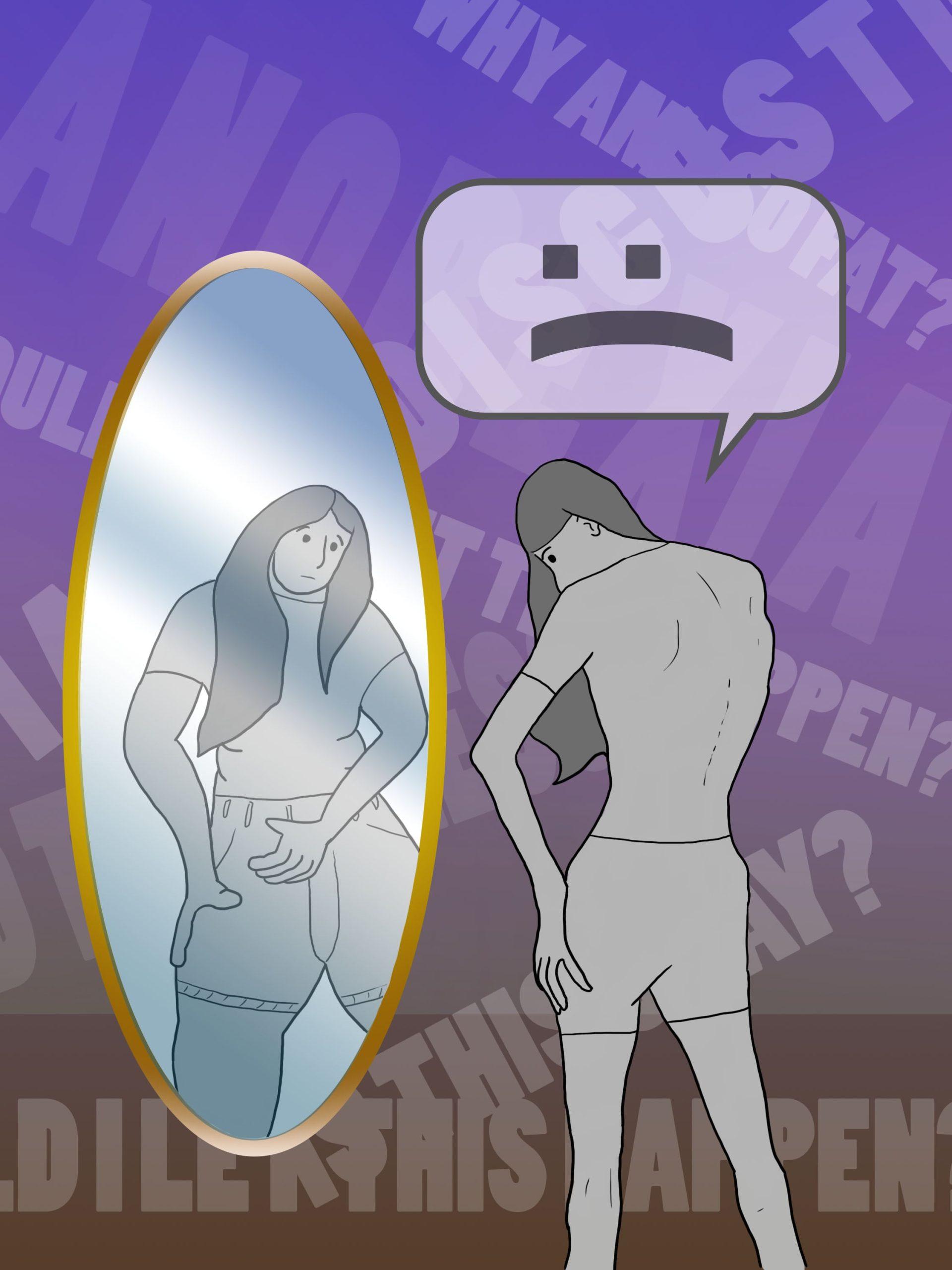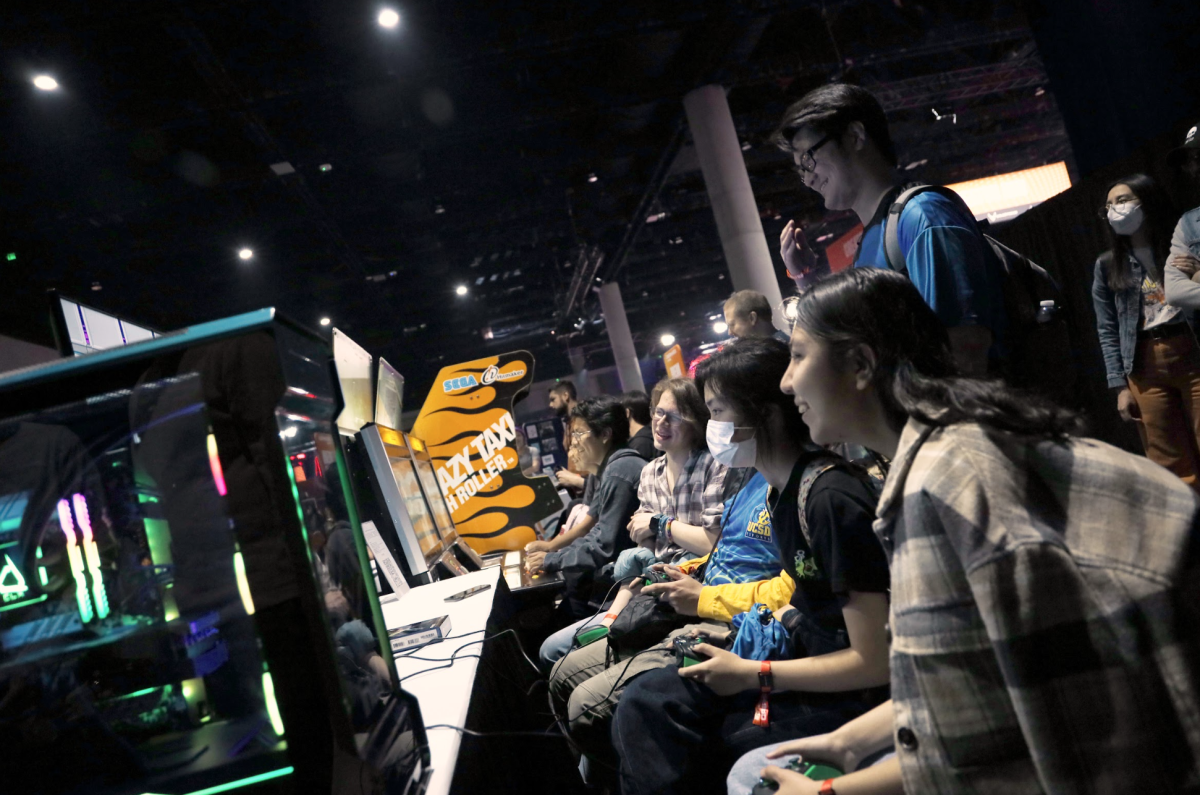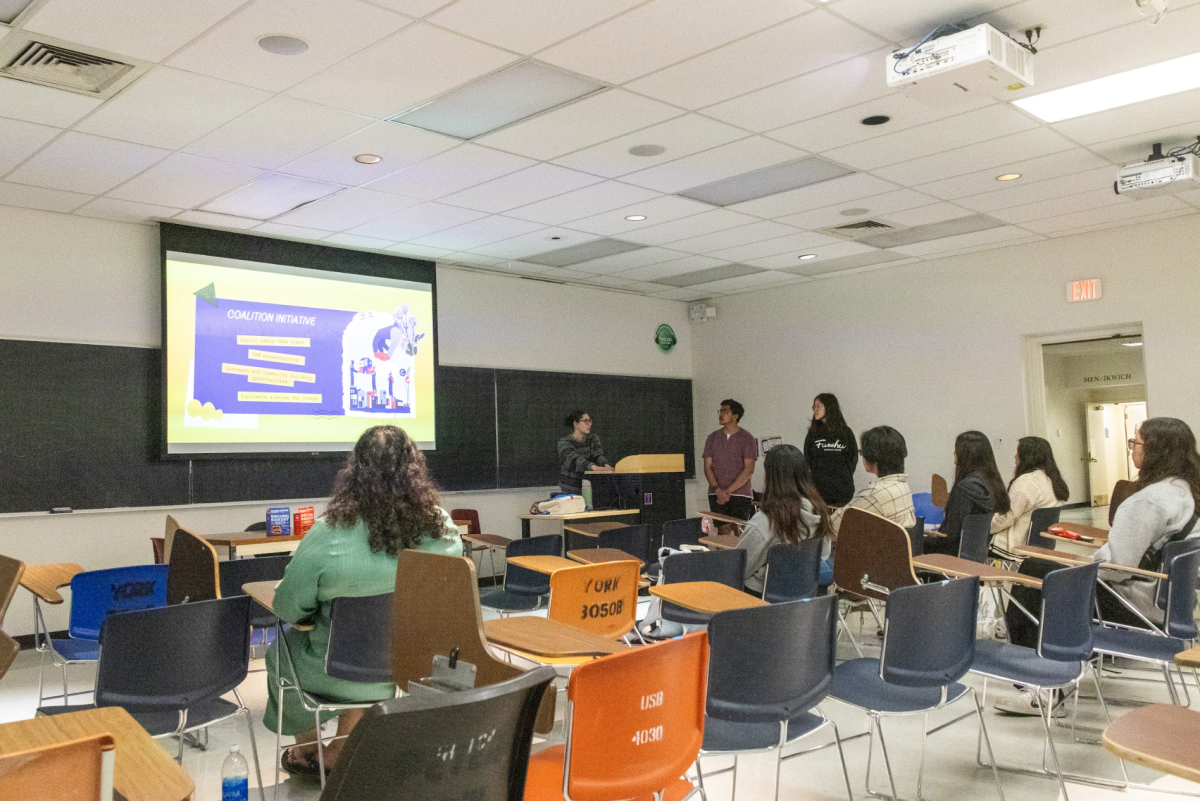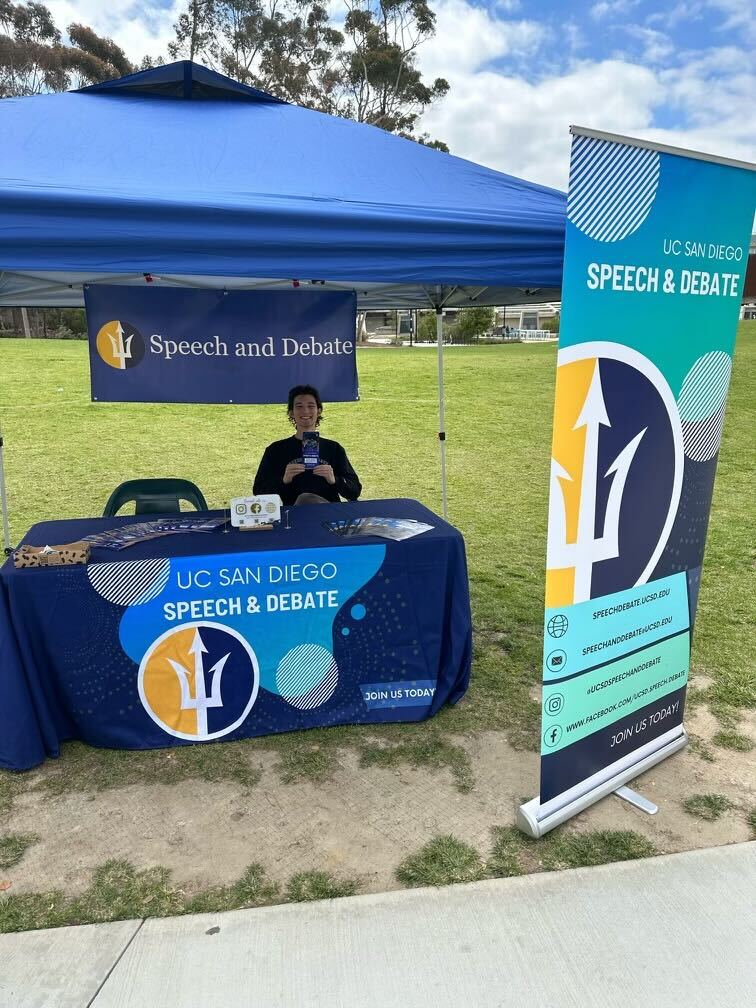Growing awareness and research surrounding the prevalence of eating disorders, the deadliest psychological disorders, point toward a neurological basis. The UCSD Guardian sat down with Dr. Erin Parks, clinician and director of outreach at the UCSD Eating Disorders Center, to discuss what “causes” an eating disorder, how current research influences treatment, and how enduring social and cultural barriers can problematize treatment.
About 10 minutes away from UC San Diego, in a nestled area by Westfield Shoppingtown-UTC, is the UC San Diego Health Center, a research and treatment facility. The UCSD Eating Disorders Center, which has three separate areas for pediatric, adolescent, and adult treatment, is one such facility. Entering the clinic reveals rows of patient chairs and a reception desk, with “UCSD Eating Disorders Center” written overhead, alongside an artistic composition of a brain. The clinic has multiple offices for personal therapy as well as group therapy rooms. In the adolescent facility, the walls are covered with art projects and statements with personal goals, whereas the pediatric facility has school desks with rows of elementary school children.
The Guardian sat down with Dr. Erin Parks, director of outreach and clinical psychologist, to learn more about the research and treatment that makes the UCSD Eating Disorders Center unique.
“People travel from all over the world to get treatment here. We are regarded as one of, if not the, top treatment center, in the world, for eating disorders,” she said.
She continued to explain the three aspects of the center: research, clinician training, and treatment. Together, all three work “synergistically” to treat patients that are admitted. For example, “research is constantly informing treatment.”
According to Dr. Parks, one major problem concerning eating disorder treatment is the enduring barriers that discourage people from seeking treatment.
“Eating disorders are different from other mental health disorders in many ways. One way is that it seems to be the last place where we [the greater public] blame the person who’s ill, and we still blame the families of the people who are ill.”
Dr. Parks also elaborated on how, as a society and as a field of psychology, we’ve come a long way in moving past stigmas of blame to better understand the neurological underpinnings of mental illness, but we still have work to do.
“Eating disorders are the deadliest of all mental health disorders; about 10 percent of people will die of eating disorders out of those afflicted.”
But what causes eating disorders? According to Dr. Parks, it cannot simply be the effects of our culture. While it may seem convenient to connect the growing social media influence with the onset of eating disorders in adolescents, it is important to note that while everyone in westernized societies are exposed to media and cultural influences, only about 1 percent of people are affected with an eating disorder.
“[There are] plenty of people who don’t like their bodies, and plenty of people who diet … who are exposed to our culture that overemphasizes unattainable ideals … so there’s got to be something going on [neuro-biologically]. For most of us, if we try to not eat, strong biological mechanisms override everything else.”
Investigating and researching more about what exactly happens on the neurological basis is what the UCSD Eating Disorders Center is known for. Part of understanding eating disorders — how they come about, who is more affected by them, and how differing experiences and traumas play a part in disordered eating involves recognizing that eating disorders don’t discriminate according to age, gender, or race.
“Something that a lot of people don’t know is how many males suffer from eating disorders, there are now estimates that up to 40 percent of those suffering are males,” explained Dr. Parks.
Eating disorders also affect people of all ages; the UCSD Center for Eating Disorders treats patients from seven years of age, up to about age sixty-five. So why are eating disorder patients often depicted in one standard way: 18-25 years of age, white, and female?
“We have a lot of barriers to treatment … a male goes to a doctor, and they might be praised for being so physically fit … that behavior in men tends to get labeled as ‘dedication’ or ‘willpower’ as opposed to really unhealthy or disordered,” she said.
Eating disorder clinics can also perpetuate this stereotype, as the majority of “treatment centers only treat 18-25 year olds,” which can alienate someone who does not fit this cutoff but is suffering from an eating disorder.
“A lot of our adults say ‘I look at these websites, and it’s all a bunch of white girls who are between the ages of 18-25, and I don’t see me.’ [At the UCSD Eating Disorder Center] we’re proud to offer treatment to everyone.”
The broad realm of people who are affected by eating disorders does not mean to indicate that people are equally susceptible to developing an eating disorder, however. According to Dr. Parks, there are temperament traits, indicating underlying neurological features, that can make someone more susceptible. Traits include proneness to anxiety, perfectionism, and the capacity to feel heightened emotions. Importantly, these traits are not inherently positive or negative; the way an individual translates features of their temperament into actions and daily life is what determines its positive or negative impacts.
Someone who uses their penchant for perfection to purvey their own bodily “imperfections,” for example, are aiming their focus inward in a judgmental and negative light. Part of what the Eating Disorders Center aims to help accomplish among patients is the ability to direct these traits “outwardly,” in the form of hobbies or passions, instead of “inwardly” in a self-critical light.
Furthermore, college students are drastically more likely to develop an eating disorder; while eating disorders affect about three percent of Americans, they affect as many as 10 percent of college students. According to Dr. Parks, there are many features inherent in the college process and lifestyle that could account for this large percentage.
“A lot of people who struggle with anorexia have [certain] temperament traits; they tend to have tunnel vision, tend to have a very high attentive to detail, and high error-detection rate … a lot of them can also study through fatigue, play sports through the pain.”
Ultimately, she clarifies, these are traits of people who go to college. “… so [college] is already a self-selective sample, and while they are definitely people with eating disorders that don’t go to college, the temperament traits for anorexia really prime you to do well in our American school environment.”
A school system that rewards students based on proof of dedication often resonates with students that associate success with sleepless nights, stress-induced anxiety, and unhealthy lifestyle choices as positive — something to be praised. This mindset is inherently harmful, as it correlates unhealthy traits with positive outcomes but can be dangerous or life-threatening when outlets for stress turn toward self-harming practices, such as restricted eating.
UCSD, a highly competitive school that lends to an over-stressed environment, is no exception. While there are a few students who do reach out to Counseling and Psychological Servies or find treatment in the Eating Disorders Center, the vast majority of students that struggle with unhealthy and self-harmful behaviors do not receive the treatment they need.
A system and structure that also drives students to constantly compare themselves to peers can create an environment of competitiveness and comparison; an environment that is inherently judgemental. For people who are already prone to holding themselves to these unreasonable standard of competition, this type of environment can be especially toxic.
The foundation of treatment used in the center is based off Dialectical-Behavior therapy (DBT). This form of therapy encourages treatment through “mindfulness and distress-tolerance.” More specifically, DBT gives patients the skills to accept certain “paradoxes,” such as acceptance for their current self and the ability to embrace change. This form of therapy also emphasizes teaching patients skills for how to deal with distressing situations that trigger the feeling of needing to restrict or binge.
One such skill is called “opposite action.” “[Patients are encouraged to] do the opposite of [their] emotion all the way through,” explained Dr. Parks. This starts with physically altering how a patient might be sitting, their facial expressions (turning a frown into a smile), and considering opposite thoughts (supportive instead of self-demeaning). Eventually, patients are encouraged to engage in opposite action — going out with friends if they are by themselves at home, for example.
Other skills include “accumulating the positive,” or creating a supportive, positive framework, and “riding the wave” of negative emotion without reverting back to compensatory behaviors.
“It’s not just about eating, usually it’s the large emotions that get in the way of doing what you need to do around eating … for some people, eating brings about great anxiety, and we try to use these skills to lower the anxiety,” Dr. Parks said.
The UCSD Eating Disorders Center has a range of different treatment options for patients,from intensive 10hour daily commitments for six days a week to one-hour per week sessions. Dr. Parks explains that treatment is most effective when patients start at a more intensive level of care, if necessary, and gradually decrease the amount of hours they spend in treatment as they gain more skills and show improved behaviors. Jumping from one level to the next without adequately “graduating” to a lower level of treatment is not as effective, and can lead to relapse. Students in treatment can work with doctors and nutritionists to tailor a schedule that allows them to attend school while enrolling in intensive treatment in order to maintain the level of treatment necessary for them. Dr. Parks explains that he Eating Disorders Center works with UCSD, especially, to make this possible.
“A lot of people, not just from [UCSD] but all around San Diego don’t realize is that they’ve got this gem in their backyard,” Dr. Parks explained. If a student or member of the San Diego community is struggling with an eating disorder, seeking treatment that fits their needs is now more accessible than ever.
For students who want to find out more about the UCSD Eating Disorders Center, the website is: http://eatingdisorders.ucsd.edu
If you or anyone you know is struggling with an eating disorder, there are plenty of UCSD resources. Dr. Elise Curry, Revelle College psychologist and founding staff member of the UCSD Eating Disorders Center, runs a monthly on-campus Eating Disorders Forum: https://caps.ucsd.edu/groups
To speak with a therapist at UCSD for a free eating disorder assessment, you can call 858-534-8019 or use this online form: http://tinyurl.com/StudentEDeval









Erin Parks • Nov 30, 2017 at 10:38 am
Thank you for taking the time to talk to us about eating disorders. UCSD students have some awesome resources–Revelle College psychologist, Dr. Elise Curry, was a founding staff member of the UCSD Eating Disorders Center and runs a monthly on-campus Eating Disorders Forum https://caps.ucsd.edu/groups
To speak with a therapist at UCSD for a free eating disorder assessment, you can call 858-534-8019 or use this online form: http://tinyurl.com/StudentEDeval